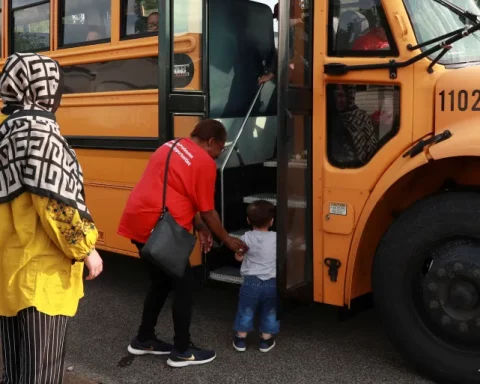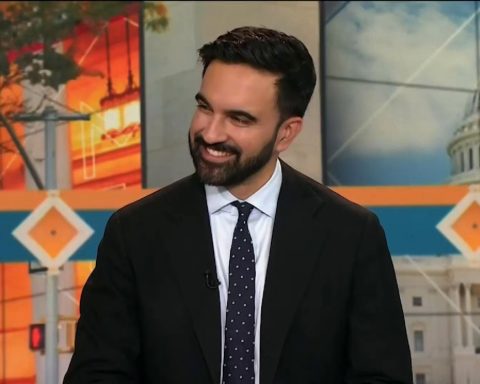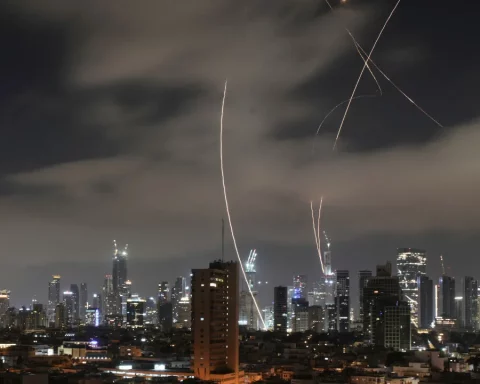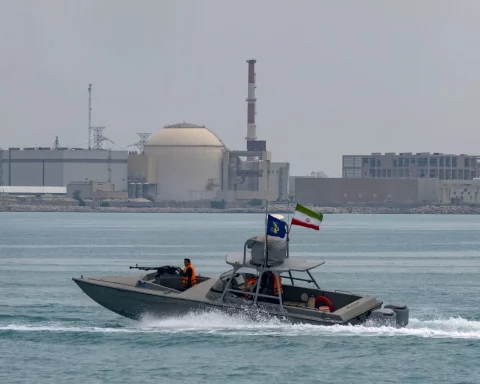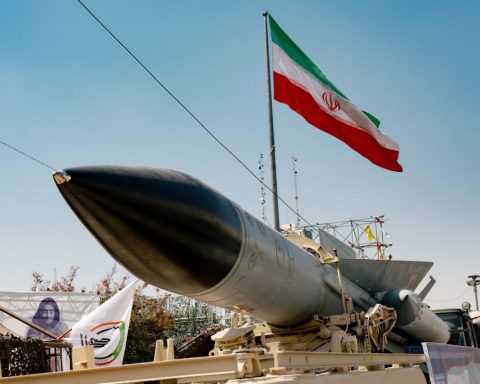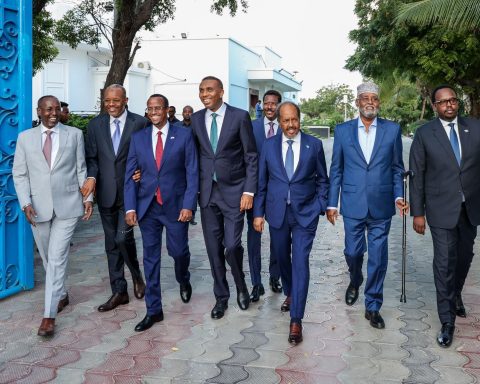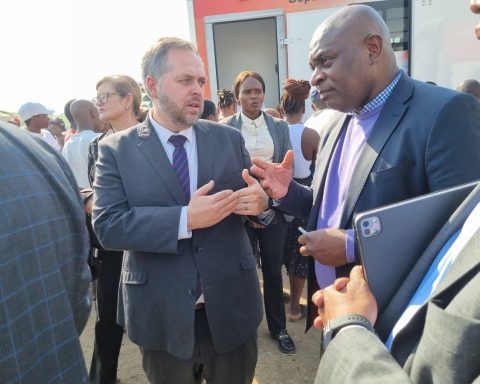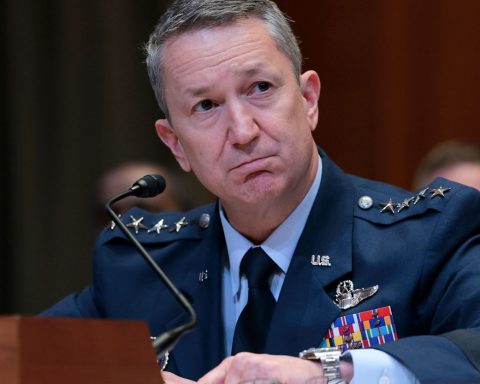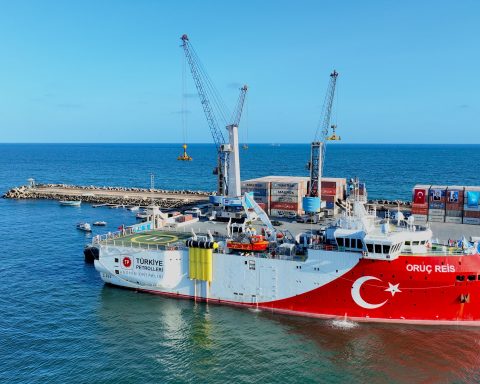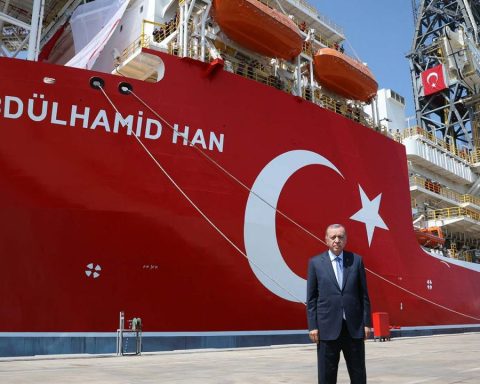From 2006 to 2008, Ethiopian troops were deployed in Somalia to support the Transitional Federal Government (TFG) against the Islamic Courts Union (ICU), a coalition of Sharia courts that had taken control over large parts of Somalia, including the capital, Mogadishu. This intervention was marked by intense and brutal urban warfare, causing widespread civilian casualties. Senior Somali leaders, including Deputy Prime Minister Hussein Mohamed Farah Aideed, accused Ethiopian forces of committing genocide against Somali civilians, raising serious questions about the role of international law in such conflicts.
Context of the Conflict
The Ethiopian intervention in Somalia began in late 2006, when Ethiopian forces entered the country to support the TFG against the ICU, which Ethiopia and the United States considered a threat due to its alleged links with al-Qaeda. The presence of Ethiopian troops sparked widespread resistance from Somali factions, particularly the Hawiye clan, one of Somalia’s largest clans. According to reports, the Hawiye clan declared war against the Ethiopian forces, claiming that the war was not merely a tribal conflict but a broader struggle for Somali sovereignty against foreign occupation .
In this context, violence escalated between Ethiopian forces, Islamist militants, and local clans. Civilians found themselves trapped in brutal battles, with thousands killed or displaced. Aideed, the deputy prime minister of Somalia at the time, accused Ethiopia of planning genocide against his people, claiming that Ethiopian forces were deliberately targeting civilians in what he called a “war crime” .
Genocide Allegations and War Crimes Accusations
Allegations of genocide were strongly denied by Ethiopian officials, who argued that their troops were defending themselves against constant attacks from Islamist militias. Ethiopian Foreign Minister Tekede Alemu dismissed the accusations, framing them as baseless propaganda designed to undermine Ethiopian efforts to stabilize Somalia . However, human rights organizations and local Somali communities expressed growing concern about the heavy-handed tactics used by Ethiopian forces, particularly in densely populated areas of Mogadishu, where indiscriminate bombing and shelling killed civilians. So, the evidence shows that the Ethiopian troops are intentionally targeting civilians
The EU called for an investigation into Ethiopian military actions in Somalia, with some officials suggesting that the excessive use of force could amount to war crimes . Nonetheless, international investigations were slow to materialize, in part due to the complexity of the conflict and the broader geopolitical implications, particularly in the context of the U.S.-led “War on Terror,” which provided Ethiopia with political cover for its intervention.
International Law and Genocide by Foreign Forces
Under international law, the crime of genocide is defined in Article II of the 1948 Convention on the Prevention and Punishment of the Crime of Genocide (Genocide Convention). Genocide involves acts committed with the intent to destroy, in whole or in part, a national, ethnic, racial, or religious group. These acts include killing, causing serious bodily or mental harm, deliberately inflicting conditions of life calculated to destroy the group, and forcibly transferring children.
The Ethiopian forces’ involvement in genocide is demonstrated by their attack on the population between March 29 and April 1, 2007, during which they destroyed everything in part of Mogadishu. The burial customs of the victims were disregarded, and numerous lives were lost. Video evidence exists to confirm the destruction of both life and property caused by the Ethiopian army.
Moreover, international law obligates states and international organizations to prevent and punish genocide. If credible evidence of genocide emerges, the United Nations Security Council (UNSC) and the International Criminal Court (ICC) could play key roles in initiating investigations and prosecutions. However, what I am worried about or why it has not been investigated is the involvement of powerful states, like the United States, in supporting Ethiopia’s counterterrorism efforts in Somalia, which complicates the likelihood of an impartial investigation or international intervention.
Implications for War Crimes and Accountability
Beyond the specific crime of genocide, war crimes and crimes against humanity represent serious violations of international humanitarian law, particularly in the context of armed conflict. War crimes, as outlined in the Geneva Conventions and the Rome Statute of the International Criminal Court, include the intentional targeting of civilians, indiscriminate attacks, and the disproportionate use of force in military operations.
Reports from human rights organizations and Somali civilians detail widespread suffering during the Ethiopian occupation, with thousands of civilians killed or displaced due to indiscriminate attacks. Under international law, such actions could amount to war crimes, regardless of whether they meet the threshold for genocide. The Ethiopian military, as a foreign occupying force, would be bound by international humanitarian law to protect civilians and avoid excessive force.
Challenges in Prosecuting War Crimes and Genocide
Despite these legal frameworks, the prosecution of war crimes or genocide by foreign forces often faces significant challenges. In the case of Ethiopia’s intervention in Somalia, the geopolitical complexities of the Horn of Africa, combined with Ethiopia’s close ties to key international actors like the United States, have created obstacles to accountability. The ongoing instability in Somalia further complicates efforts to gather evidence and bring perpetrators to justice.
Finally, the Ethiopian military intervention in Somalia from 2006 to 2008 left a legacy of violence, displacement, and allegations of serious human rights abuses. While the accusations of genocide remain contested, there is ample evidence that war crimes may have been committed during the conflict. However, the international community’s response has been limited, in part due to the geopolitical dynamics of the region and the broader global war on terror.
International law provides clear frameworks for addressing genocide and war crimes, but enforcing these norms in politically sensitive conflicts like Somalia remains a challenge. For justice to be served, an impartial investigation would be needed, possibly through the United Nations or the ICC. Without such efforts, the suffering of Somali civilians will remain largely overlooked, and the cycle of impunity will continue in the Horn of Africa.

